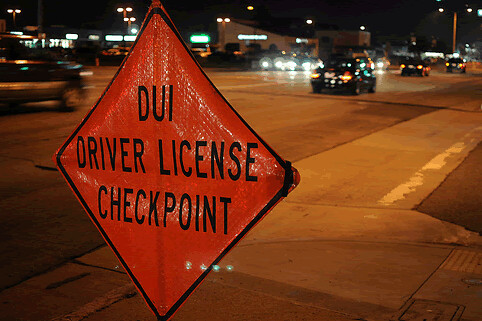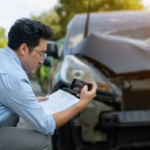Article by Daniel A. Levy, Esq.
In New Jersey, if a driver is pulled over and suspected of drunk driving or driving while intoxicated/under the influence (“DUI”), the officer may ask the driver to submit to a breath test. In years past, officers used the famous Breathalyzer test, which became obsolete. After lengthy hearings and litigation, several years ago the Supreme Court ruled that the Alcotest machine was “scientifically reliable” and that device was rolled out to replace the old Breathalyzer. The Alcotest is now used state-wide throughout New Jersey in DUI cases.
However, the Alcotest drew significant concerns in the legal community regarding its reliability. In 2008, when the Supreme Court originally approved the device, the Court ordered that certain changes be made to the device pertaining to the software and updates. The State, says the challengers, failed to comply with the order. Rather, the State argues that they should not have to comply with the order and made the software changes, and instead they should look for a new replacement device by 2016 when the Alcotest is no longer under warranty. Arguments are presently being heard before the Supreme Court of New Jersey, and the challengers are asking that the Alcotest should no longer be considered reliable, per se.
A representative for the State Bar said the following:
The Court’s decision on the reliability of the Alcotest for use in court was conditioned upon the state’s compliance with the order. Without such compliance, arguably, the Alcotest is per se still unreliable for use in court. The state seeks to continue this uncertainty for an additional three-plus years. … The NJSBA respectfully requests that the Court appoint a special master to oversee enforcement.
This is a matter of great importance that I am sure the Supreme Court will take very seriously. Very often, the State’s case in a DUI matter is heavily dependent upon the results of the Alcotest. The prosecutor never brings a witness into court to prove that the Alcotest is scientifically reliable (as they would have to do in almost any other case where test results are brought into evidence). If the State did not comply with the Supreme Court’s 2008 order and made the necessary changes, the device may not be considered reliable, per se. In such a case, the State would have the burden of proving in every single DUI trial that the Alcotest machine is scientifically reliable, and the defense attorney would have the opportunity to cross-examine the State’s witness and challenge the reliability of the device. Of course, it is in everyone’s best interests to use a device that is reliable per se, as this would not only save considerable time and expense, but also prevent the unjust convictions based on potentially faulty Alcotest readings.



